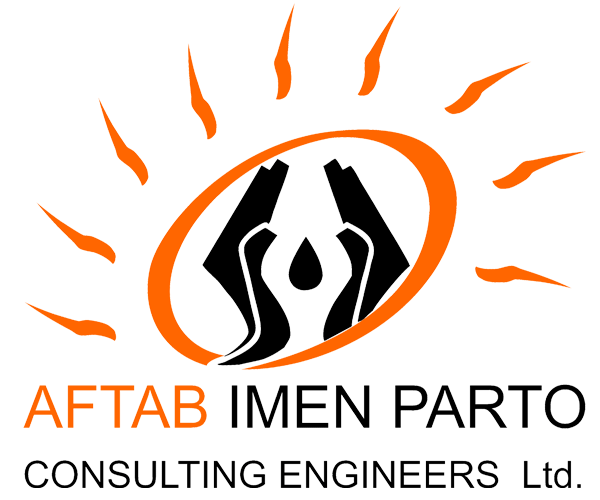What is SIL Training?
SIL (Safety Integrity Level) training focuses on the concepts, assessment and implementation of SIL in industrial processes. SIL is a measure of the reliability and effectiveness of safety instrumented systems (SIS) used to prevent hazardous events, particularly in high-risk industries like oil and gas, petrochemicals, chemicals and power plants.
SIL classification is based on IEC 61508 and IEC 61511 standards, which define the reliability requirements for safety loops, sensors, logic solvers and final control elements to ensure process safety.
Objectives of a SIL Training Course
A SIL training course equips participants with the knowledge and skills to:
1. Understand SIL & Functional Safety Concepts–Learn the principles of SIL, SIS and functional safety standards (IEC 61508 & IEC 61511).
2. Perform SIL Assessment & Verification–Use risk analysis methods (e.g., LOPA-Layer of Protection Analysis, Fault Tree Analysis) to determine SIL requirements.
3. Design and Implement Safety Instrumented Systems (SIS)–Ensure that safety instrumented functions (SIFs) meet the required risk reduction and reliability levels.
4. Calculate Probability of Failure on Demand (PFD)–Learn how to evaluate system reliability and failure probabilities.
5. Ensure Compliance with Functional Safety Standards–Align SIS design with international regulations to meet audit and safety requirements.
6. Apply SIL in Real-World Scenarios–Work on case studies and practical exercises to implement SIL assessments in industrial settings.
Who Should Attend a SIL Training?
This training is valuable for professionals responsible for functional safety and process risk management, including:
• HSE (Health, Safety & Environment) Engineers & Managers–Ensuring compliance with safety integrity requirements.
• Process Safety Engineers – Designing SIL-rated safety systems to reduce industrial risks.
• Control & Instrumentation Engineers–Selecting and implementing safety PLCs, sensors and actuators.
• Reliability & Risk Analysts–Conducting SIL assessments and failure probability calculations.
• Project & Operations Managers–Managing functional safety in new and existing process plants.
• Regulatory Compliance Officers–Ensuring SIL implementation aligns with IEC 61508, IEC 61511 and industry best practices.
Why is SIL Training Important?
SIL training helps organizations:
• Reduce the risk of major process accidents (e.g., gas leaks, fires, explosions).
• Ensure compliance with functional safety and process safety management (PSM) standards.
• Optimize investment in safety systems by correctly specifying SIL levels.
• Improve reliability and performance of safety instrumented systems (SIS).
By mastering SIL best practices, professionals can enhance process safety, regulatory compliance and operational reliability in hazardous industries.

